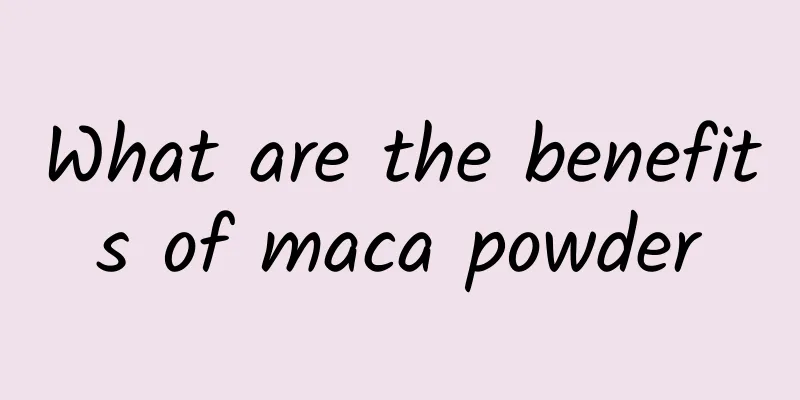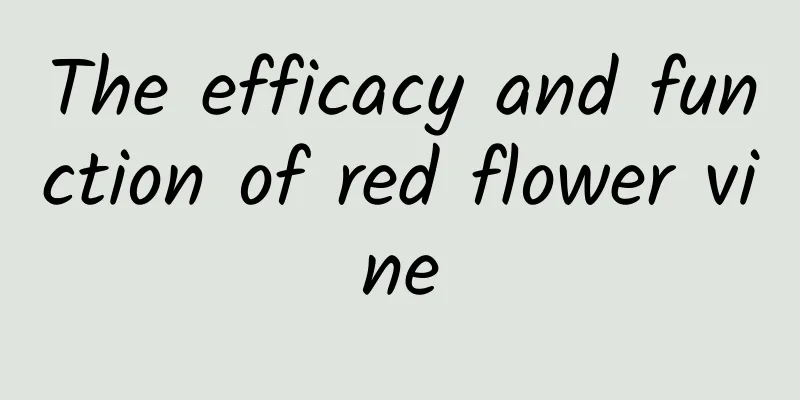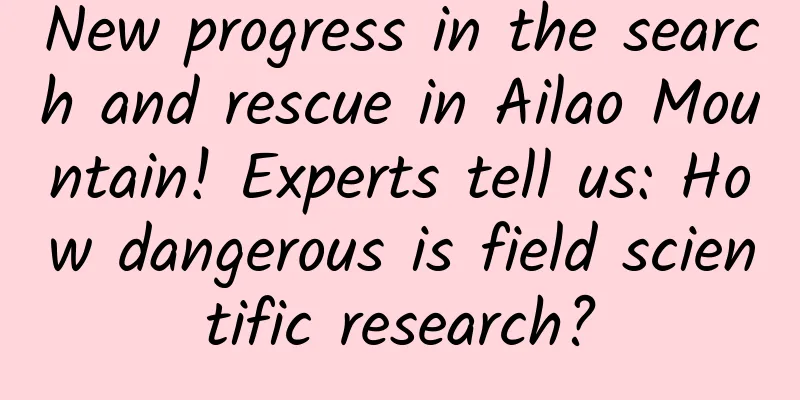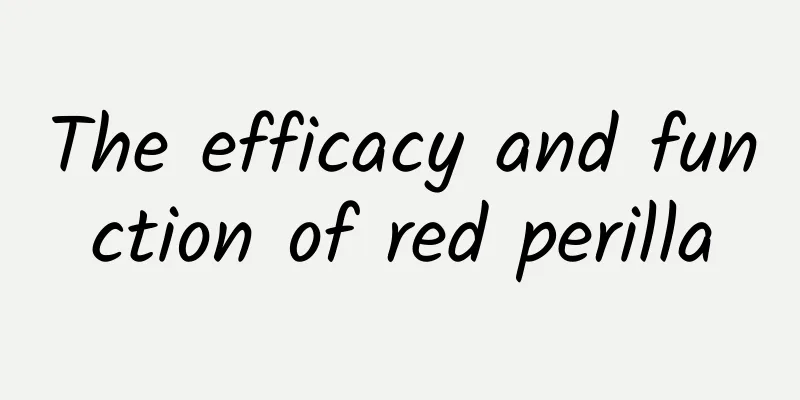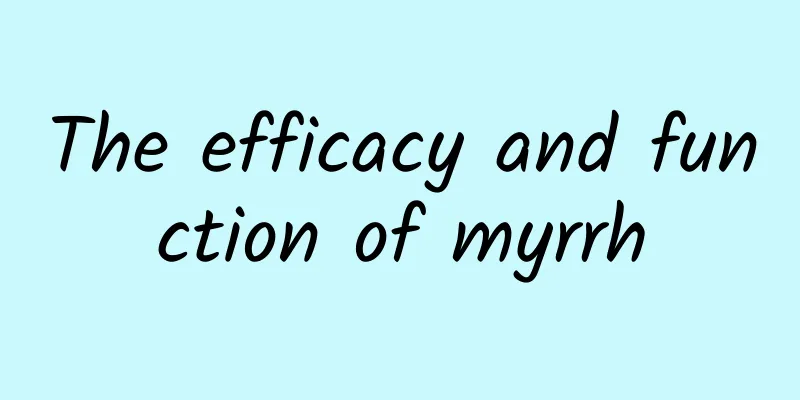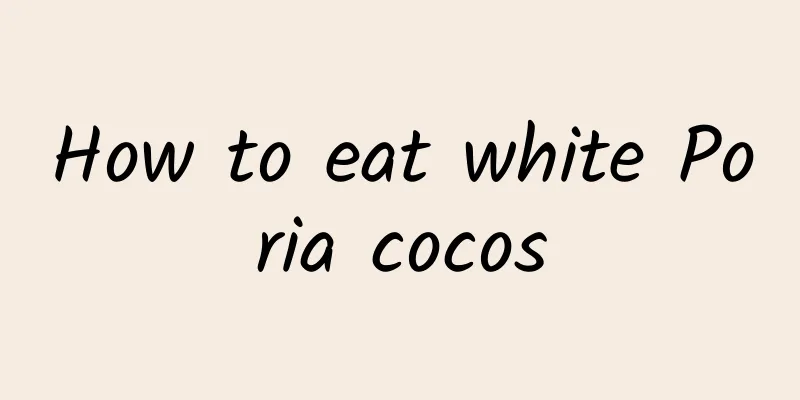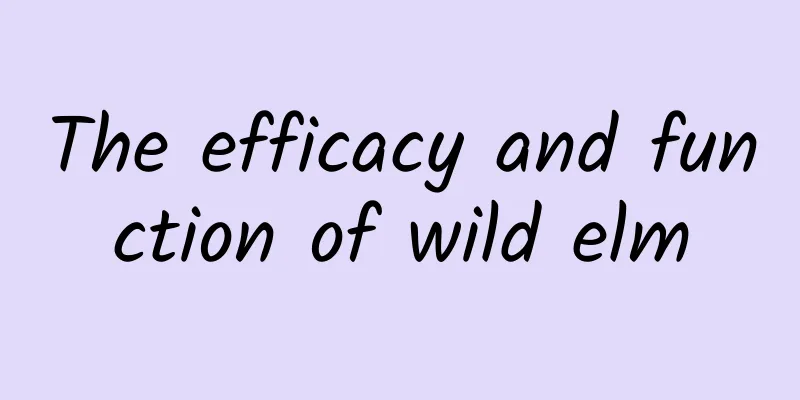It is a "magic medicine" that people disdain but can cure diseases
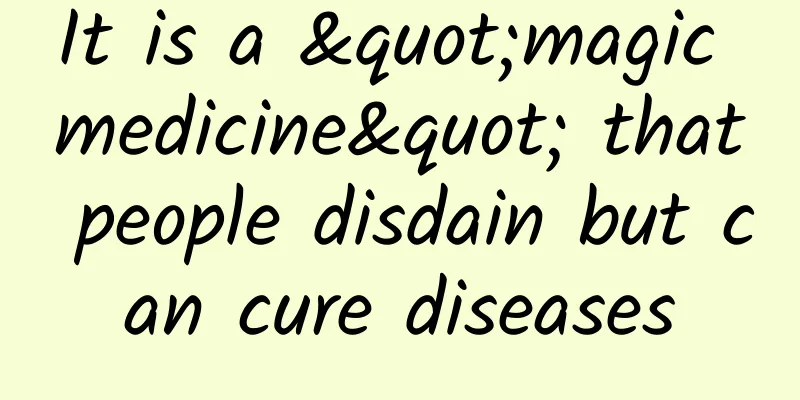
|
The development of traditional Chinese medicine has continued to move forward with the long river of history, leaving behind many regrets and sighs, but also leaving behind countless valuable treasures for the world. There are many records of traditional Chinese medicine in Dream of the Red Chamber. Qingwen is the first of the second volume of the Twelve Beauties of Jinling. Although she is only one of the four major maids in Jia Baoyu's room, she lives the life of a rich lady in Baoyu's room. Baoyu even tore up his own fan for Qingwen, just because "a smile is worth a thousand gold". Once, Qingwen caught a cold and consulted a quack doctor named Hu. After feeling Qingwen's pulse through the curtain, he thought that she had contracted an external infection and internal stagnation, and had contracted a mild typhoid fever. She should take two doses of medicine and relax herself. After the quack doctor Hu left, Baoyu looked at the prescription and saw that it contained bitter orange and ephedra. Baoyu said, "Damn it! Damn it! He treated the girl the same way as we did. How can that be allowed? No matter how sluggish she is, how can she resist the bitter orange and ephedra?" Jia Baoyu was sure that the quack doctor Hu prescribed a poisonous drug for Qingwen, so he invited Doctor Wang to come. As expected, according to his wishes, not only the dosage of the medicine was reduced, but the Zhishi and Ephedra were also removed from the prescription. The article thus laid the groundwork for the future. Although Doctor Wang’s prescription could “protect the flower”, it was not effective enough. After using it, Qingwen still had a high fever and cough. Qingwen was left with a chronic illness, and the poor Hibiscus goddess eventually passed away due to a minor typhoid fever. From this we can see that Doctor Hu is not mediocre at all. Use ephedra for external infection and use atractylodes fructus for internal stagnation. The diagnosis is accurate and the prescription is well-founded. In fact, the disease can be cured with these medicines. Instead, it was the imperial physician who misled the patient. Light medicine was safe, but it could not cure the root cause of the disease. Why did Jia Baoyu take it for granted that Zhishi was a medicine for tigers and wolves? Baoyu must have some knowledge of pharmacology. In ancient times, there was indeed a strong and powerful medicine for relieving heat and constipation, called Dachengqi Decoction, which only contained four herbs in total, including Zhishi. In the absence of modern surgical techniques at that time, diseases such as acute simple intestinal obstruction, acute cholecystitis, respiratory distress syndrome, crush syndrome, and acute appendicitis were critical illnesses and required treatment with powerful medicines such as Dachengqi Decoction. But is the Zhishi contained in it really a tiger and wolf medicine? First of all, we need to figure out what exactly Zhishi is. The oranges are found in the south of the Yangtze River, while the tangerines are found in the north of the Yangtze River. The "zhi" here refers to the zhi shi, which is the dried young fruit of the sour orange and its cultivated varieties or sweet orange of the Rutaceae family. To put it simply, Zhishi is unripe sour orange, many of which are picked from early fallen fruits. It can be used raw or fried with bran. It has a sharp effect when used raw, but a gentle effect when fried. The effects can be summarized as breaking up qi, eliminating accumulation, resolving phlegm and removing abdominal distension. It is mainly used to treat qi stagnation and dampness in the spleen and stomach, internal accumulation of food, fullness and pain in the abdomen, belching and vomiting, heaviness after dysentery, constipation, heaviness after diarrhea, chest congestion, and rectal prolapse. There is a related description in "Tangye Bencao": Zhishi, for invigorating Qi, is assisted with ginseng, dried ginger and Atractylodes macrocephala; for breaking up Qi, is assisted with rhubarb, morning glory and Glauber's salt; this is why "Ben Jing" says it invigorates Qi and also says it eliminates abdominal distension. Only Atractylodes macrocephala can remove dampness, and only Citrus aurantium can eliminate abdominal distension. The "Pharmaceuticals" also records: "Zhi Shi is specifically used to relieve stomach fullness and open up hard knots, so it is used to treat the Zhongwan point to treat blood. It can treat fullness between the navel and abdomen, eliminate phlegm, remove stagnant water, expel old food, break up chest knots, and relieve constipation. It is impossible without it. ... Because the spleen is stagnant and cannot be transported and transformed, it is used for its pungent, dispersing, bitter and purgative properties. It is a Qi medicine in the blood, and this is the best." From the perspective of modern pharmacological research, Zhishi can increase blood pressure and strengthen the heart, improve heart blood supply, and can be used for shock; it has a dual regulatory effect on the gastrointestinal tract, promoting gastrointestinal motility, reducing intestinal smooth muscle tension and relieving spasms; it has an excitatory effect on the uterus, significantly promoting uterine contraction, even tonic contraction; it has a sedative effect on the central nervous system; it has a vasoconstriction effect on the kidneys, increasing filtration pressure, and producing a diuretic effect; it also has anti-inflammatory and choleretic effects. There are not many herbs like Zhishi whose modern pharmacological research and ancient efficacy are so consistently consistent. Nowadays, it is more widely used and is often used to treat diseases such as gastroptosis, uterine prolapse, and rectal prolapse. There are many famous and proven Chinese medicine prescriptions containing Zhishi, most of which are effective and are still frequently used in modern clinical practice to treat postpartum abdominal pain, acute and chronic gastritis, pancreatitis, acute and chronic enteritis, dysentery, visceral prolapse, chronic cholecystitis and cholelithiasis, upper abdominal pain caused by chronic liver disease, and a feeling of blockage in the chest and abdomen. Zhishi Shaoyao San: Treats abdominal pain and irritability caused by blood stasis after childbirth. Zhishu Pills: Treats abdominal distension and diarrhea. Qumai Zhishu Pills: Treats food stagnation, abdominal distension and pain. Dachengqi Decoction: Treats gastrointestinal stagnation, heat-stagnation constipation, abdominal distension and pain. Zhishi Daozhi Pills: Treats chest and abdominal fullness, diarrhea due to damp heat, heaviness after diarrhea, or abdominal distension due to constipation. Zhishi Xiaopi Pills: Treats spleen and stomach weakness, abdominal distension, fullness, loss of appetite, and diarrhea. Zhixiong San: Good at breaking up stagnant Qi and relieving pain, treating chest and flank pain caused by Qi and blood stagnation. Zhishi Xiebai Guizhi Decoction: Treats chest pain, heart distension, fullness in the chest, and heart palpitations under the ribs. In addition, Zhishi is an important medicine in the famous purgative prescriptions Dachengqi Decoction, Xiaochengqi Decoction, Houpu Qiwu Decoction, and Maziren Pills; in the famous phlegm-resolving prescriptions Wendan Decoction and Daotan Decoction; and in the famous liver-soothing prescriptions Sinisan, Chaihu Shugansan, Da Chaihu Decoction, and Haoqin Qingdan Decoction. Citrus aurantium is slightly sour in taste and is a good ingredient for medicinal diet. It is also beneficial for the digestion of meat. Citrus aurantium and Amomum villosum beef tripe soup Ingredients: 12g of Citrus aurantium, 1 beef tripe, 2g of Amomum villosum, and appropriate amounts of green onion, ginger and salt. Preparation method: Put beef tripe, Amomum villosum and Citrus aurantium into a casserole, add appropriate amount of water, bring to a boil over high heat, then simmer the beef tripe over low heat. Add appropriate amount of scallion, ginger and salt before serving. Effect: Strengthens the spleen and stomach Precautions for using Zhishi: People with weak spleen and stomach and pregnant women should take it with caution; it should not be taken by mistake if the patient is weak and has been ill for a long time; it can greatly damage the vital energy, so it should not be taken by mistake if the patient is not suffering from excessive evil. |
<<: This smelly thing can actually cure many diseases
>>: Be careful of this "flower" when traveling during the holidays
Recommend
If we travel back to ancient times, what vegetables and fruits can we eat?
Although there was no nutritional guidance in anc...
Why can alcohol kill bacteria and disinfect? Why is it not the higher the concentration, the better? Can it be mixed with 84?
Alcohol is the most common disinfectant, especial...
The National Health Commission has issued a guideline for the diagnosis and treatment of monkeypox. Monkeypox virus can be inactivated by doing this
Xinhua News Agency, Beijing, June 15 (Reporters X...
Dark fermented food, nicknamed "public toilet", even foodies will tremble
Fermentation is a food processing method with a l...
The efficacy and function of spicy vegetables
The effects and functions of spicy vegetables are...
The efficacy and function of kapok
Friends who don’t know kapok will not understand ...
Cycling 50 kilometers without worrying about punctures? What is the difference between shared bikes and ordinary bikes?
Audit expert: Zhou Hongzhi Senior Experimentalist...
The efficacy and function of sesame oil
Chinese medicinal materials are very effective in...
Truck fires have occurred in many places. Be sure to pay attention to these signs before a truck catches fire!
Recently, as the temperature has been rising, a n...
Why can't an adult's heart regenerate? Scientists: Actively refuse
The liver has the greatest regenerative capacity ...
The efficacy and function of Daphne daphne
For the Chinese medicinal material such as Daphne...
What would happen to humanity if the sun went out?
What will happen to the Earth after the sun goes ...
The efficacy and function of Artemisia sphaerocephala
Many people choose Artemisia selengensis because ...
It’s really terrible: Not everyone can collect nectar from this common little flower!
Welcome to Northern Plants. Today I’d like to int...
Drink more hot water when it's cold? Be careful! Exceeding this temperature may cause cancer
When the weather gets cold, you can’t live withou...
